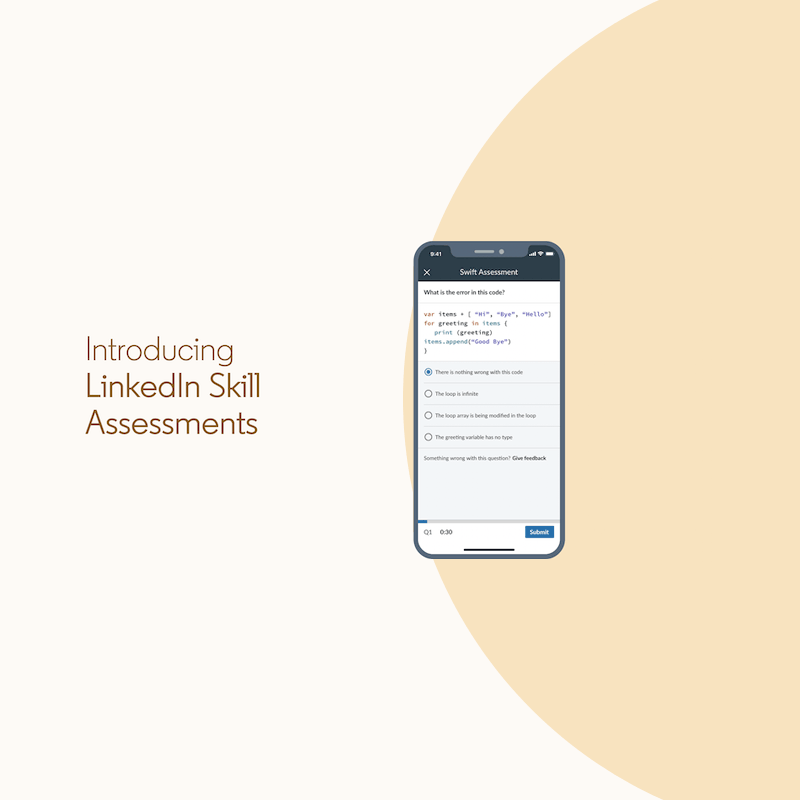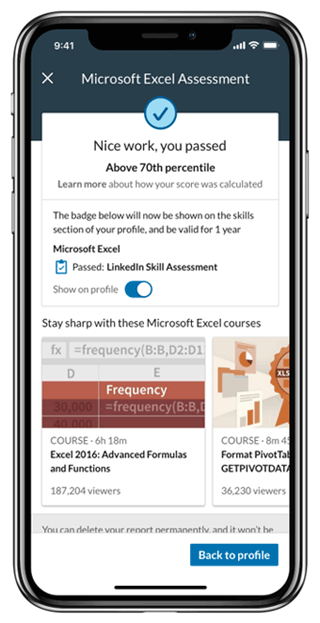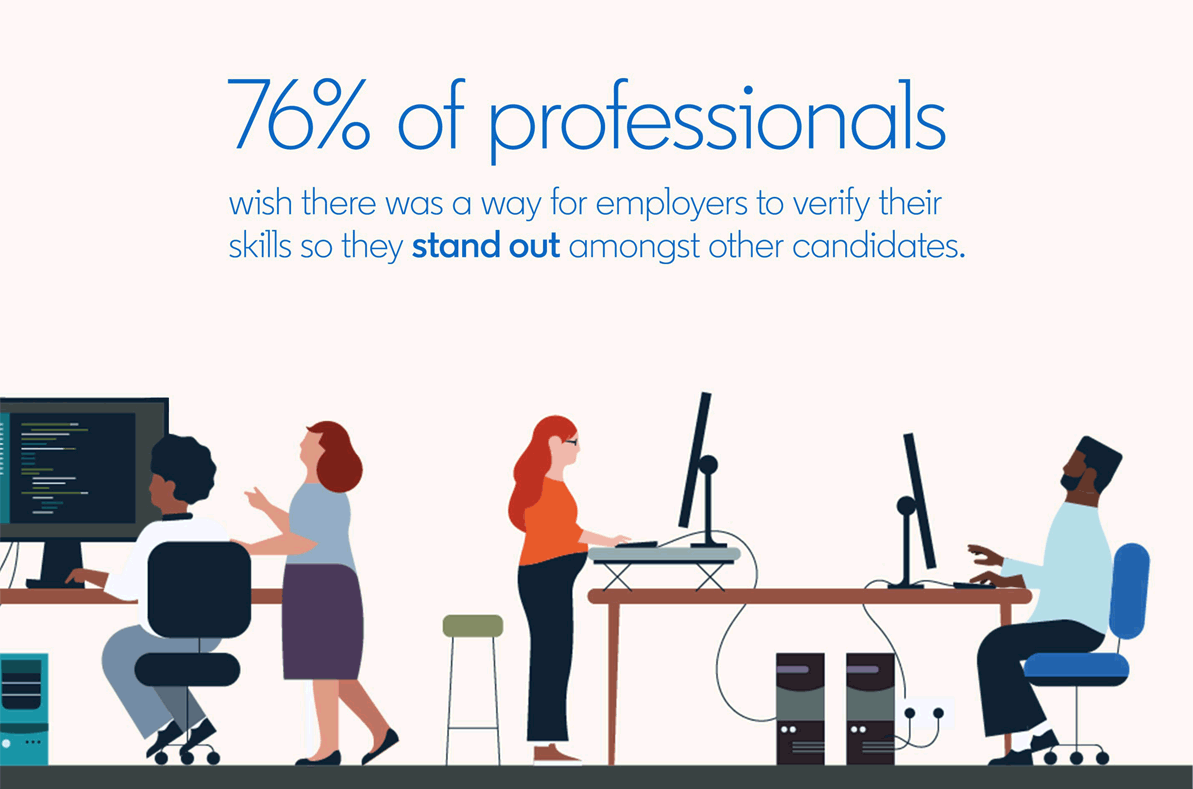
People can say just about anything on social media. They can boast their abilities, with less to no ways for others to prove otherwise.
LinkedIn is the social networking service for the working world. The Microsoft-owned company has hundreds of millions of users using the platform to connect with each other for professional purposes, most often to network, talk about work, or find work.
As a place where professionals and entrepreneurs gather, there should be a way for job seekers to prove their capabilities, and future employers to trust what those job seekers say.
This is why LinkedIn introduces 'Skill Assessments' that comes with short, multiple-choice tests that users can take to verify their knowledge in certain knowledge areas.
There are some 75 different skills in total, all free to take, and shown based on what users have put on their profile.
This should provide users with better tools for presenting their professional selves, and to make the process of recruitment on the platform more effective.
The feature is being rolled out globally, after an earlier, limited beta.

"A typical assessment consists of 15 to 20 multiple choice questions and each question tests at least one concept or subskill. The questions are timed and must be completed in one session."
When users take the test and pass, they are given a badge that can be applied to their profile page, and potentially broadcast out to those who are looking for people with the skills they've just verified they have.
The badge will appear to others as a button in the Skill and Endorsement area on the profile page.
To make sure that the tests contain meaty questions, the multiple choices are created by professionals who are subject area experts that already work with LinkedIn. In other words, the tests are standardized.
Those who pass, will need to retake the tests once every year to keep their badges and credentials. But if they fail, they have three months waiting time before they can take the tests again.

In the world of the internet, where people can boast anything they wish, it becomes very difficult to differentiate facts and fake.
As for LinkedIn in particular, the platform has become too big for it to track and verify everything.
The Skills Assessment should be the way to help LinkedIn in verifying certain people's skills in specific areas, and for that information to start feeding into other channels and products on the platform.
And given that LinkedIn has no way of ascertaining when people on its platform are from minority backgrounds, users taking the Skills Assessment and getting good results, can potentially help their career by tipping the scale to favor them.

The Skills Assessment tool is important for LinkedIn, also because it's considered a critical competitive move.
The company is by far the biggest platform of its kind on the internet, but smaller rivals are building interesting products by leveraging what LinkedIn isn't having.
Triplebyte, for example, has a platform for those looking to hire engineers, and engineers looking for new roles. To connect the two parties, Triplebyte also has online tests to measure skills and match them up with compatible job opportunities.
In the meantime, Triplebyte is only focused on just software engineering. But with the template, it can do more. And if replicated by other verticals, LinkedIn could slowly cease its shine in the recruitment speciality.
There is also the benefit of monetization opportunities for LinkedIn.
Those who are putting ads for jobs, can buy ads that are targeted specifically to people with certain skills that have been verified. The Skill Assessment test also helps LinkedIn in upselling other contents, such as the LinkedIn Learning tests.